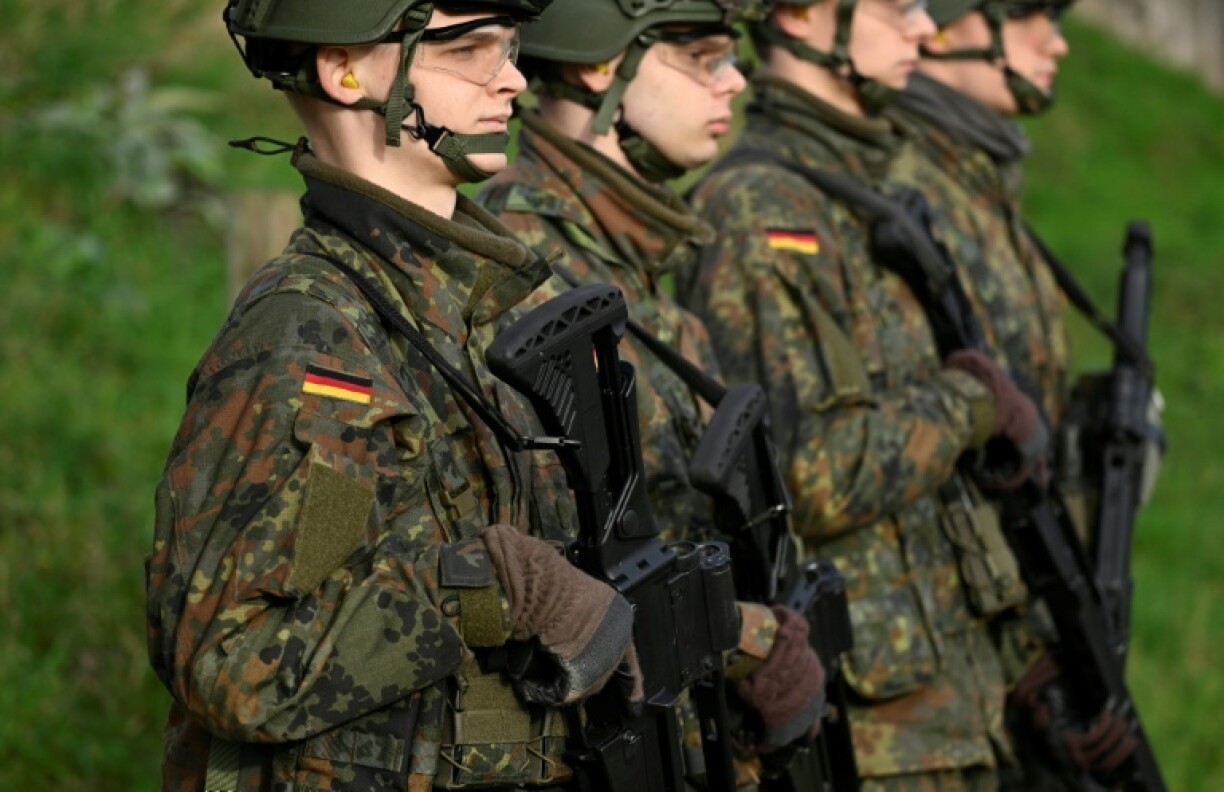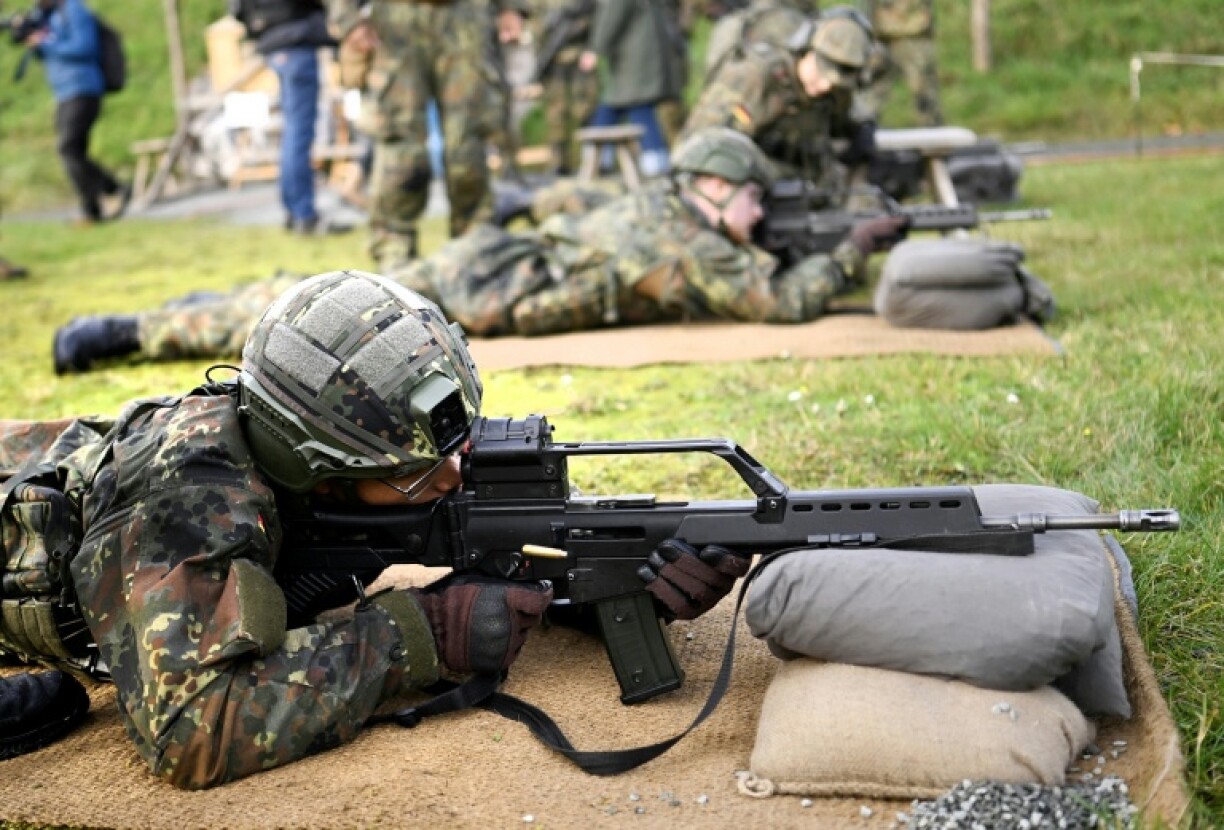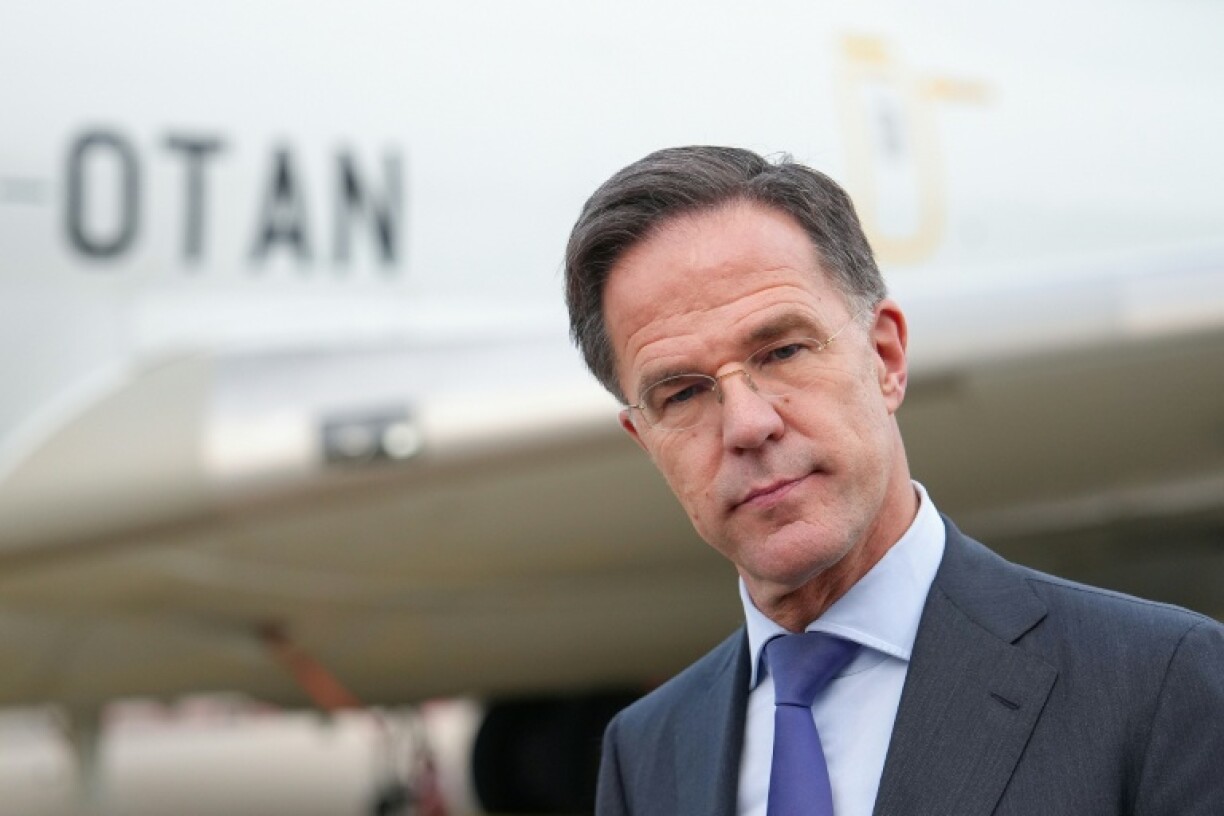
Germany’s coalition government has agreed a new voluntary military service model, politicians said Thursday, after weeks of wrangling over whether there should be a compulsory element.
From next year, all 18-year-old men will have to fill in a questionnaire on whether they would want to serve and undergo an armed forces physical test, if the plan is adopted.
No one will be compelled to join the Bundeswehr, said Defence Minister Boris Pistorius, who has advocated for making military service more attractive to draw more recruits.
Chancellor Friedrich Merz has made bolstering Germany’s ill-equipped military a major priority, citing a hostile Russia and doubts about future US security commitment to Europe.
He has moved to sharply increase spending on the military and vowed to turn the German armed forces into “the strongest conventional army in Europe”.

The cabinet approved a revamped military service model in August, spearheaded by Pistorius of the centre-left SPD.
But members of Merz’s conservative CDU/CSU then called for a compulsory element in the form of a “draft lottery” to be applied if there were not enough volunteers.
The lottery idea has been scrapped for now, part of a deal reached late Wednesday, said Jens Spahn, leader of the CDU/CSU parliamentary faction.
“If voluntary service is ultimately not enough, then compulsory service will also be necessary,” Spahn said, adding however that that would require further legislation.
Matthias Miersch, the SPD’s parliamentary group leader, said he was certain the Bundeswehr could find enough volunteers, calling the new model “an offer” to young men and women, “not an obligation”.
- Draft as ‘last resort’ -
Pistorius said compulsory service would be a “last resort” and the focus would be on “designing an attractive service”.
“I am very confident that all this will succeed,” he said.
“Other European countries, especially in the north, show that the principle of voluntary service combined with attractiveness works, and I expect the same here.”

NATO chief Mark Rutte said he was “very happy” the government had forged “a way forward”.
“I’m always happy when decisions are taken to get more people involved,” he told reporters during a visit to a NATO base in Geilenkirchen in western Germany.
NATO targets call for Germany to build up its total military strength to 460,000 troops -- made up of 260,000 active soldiers and 200,000 reservists.
But the Bundeswehr is currently a far cry from those figures, with around only 182,000 active soldiers and 49,000 reservists.